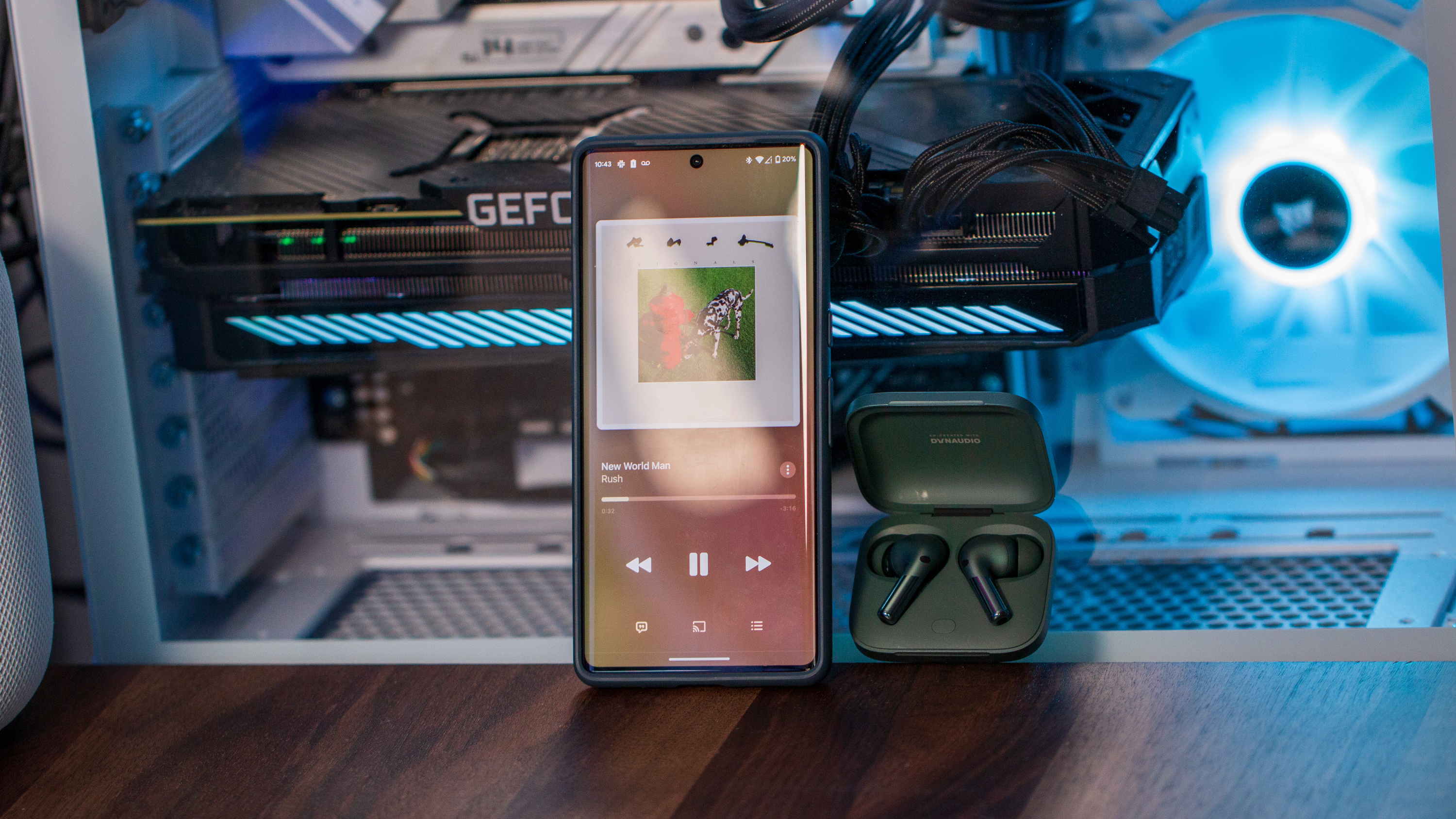Apple Music won't work on rooted Android devices, following Google's footsteps
"Apple Music is no longer available on rooted devices," an error message says.

What you need to know
- The Apple Music app for Android no longer works on rooted devices; instead, it displays an error message.
- Some users have already found workarounds, like the MagiskHide tool, that will prevent Apple Music from identifying a rooted device.
- The move comes just days after Google prevented rooted devices from sending RCS messages, claiming the decision was intended to reduce spam.
There might be an incoming crackdown on rooted Android devices. Just days after Google blocked rooted devices from sending RCS messages, Apple followed suit. The Apple Music app for Android will no longer function on rooted devices, as some users discovered firsthand earlier this week.
If you try to launch the Apple Music app on a rooted device, you'll run into the following error message. "Only available on unrooted devices," the error states. "Apple Music is no longer available on rooted devices."
Android expert @AssembleDebug on X (formerly Twitter) spotted the change and says that it occurred with beta version 4.7 of the Apple Music app (via Android Police). However, Apple Music does not use Play Integrity to check if an Android device has been rooted. Instead, it's only looking for su binary, which means it can be bypassed using readily available tools.
#Apple Music also started detecting root with the latest beta version 4.7 , it crashes instantly if root is detected. It is only checking for su binary, so it's easy to fix with deny list in magisk. Should have used Play Integrity like Google did with RCS :p#ios #Android pic.twitter.com/37Ffa3k6iNMarch 3, 2024
These tools, like MagiskHide and Universal SafetyNet Fix, are able to make a rooted device appear as unrooted to a given application. However, MagiskHide isn't the solution it once was due to Google's new Play Integrity standards. But due to Apple's fairly rudimentary checks for rooted devices, MagiskHide is still sufficient. Other methods, such as sidestepping the APIs necessary for the checks, may also work.
Apple's decision to remove support for rooted devices in the Apple Music app for Android might not seem that notable in isolation. However, since the move follows a similar one made by Google last week, it's more relevant. Apple's choice could be indicative of a trend by software developers of removing support for rooted devices. Reasons could include the general instability and risks that come with using rooted devices.
Google told Android Central that it prevented the sending of RCS messages in Google Messages on rooted devices as a way to combat spam. "As we fight spammers and fraudsters, we take into account different indicators," a Google representative told Android Central. "A large volume of RCS spam comes from automation, which typically relies on modifications to the sending device."
Apple's particular motivations for blocking rooted Android devices from accessing Apple Music are unclear. However, whether more apps and services start blocking rooted devices will be something to watch going forward.
Get the latest news from Android Central, your trusted companion in the world of Android

Brady is a tech journalist for Android Central, with a focus on news, phones, tablets, audio, wearables, and software. He has spent the last three years reporting and commenting on all things related to consumer technology for various publications. Brady graduated from St. John's University with a bachelor's degree in journalism. His work has been published in XDA, Android Police, Tech Advisor, iMore, Screen Rant, and Android Headlines. When he isn't experimenting with the latest tech, you can find Brady running or watching Big East basketball.
You must confirm your public display name before commenting
Please logout and then login again, you will then be prompted to enter your display name.
